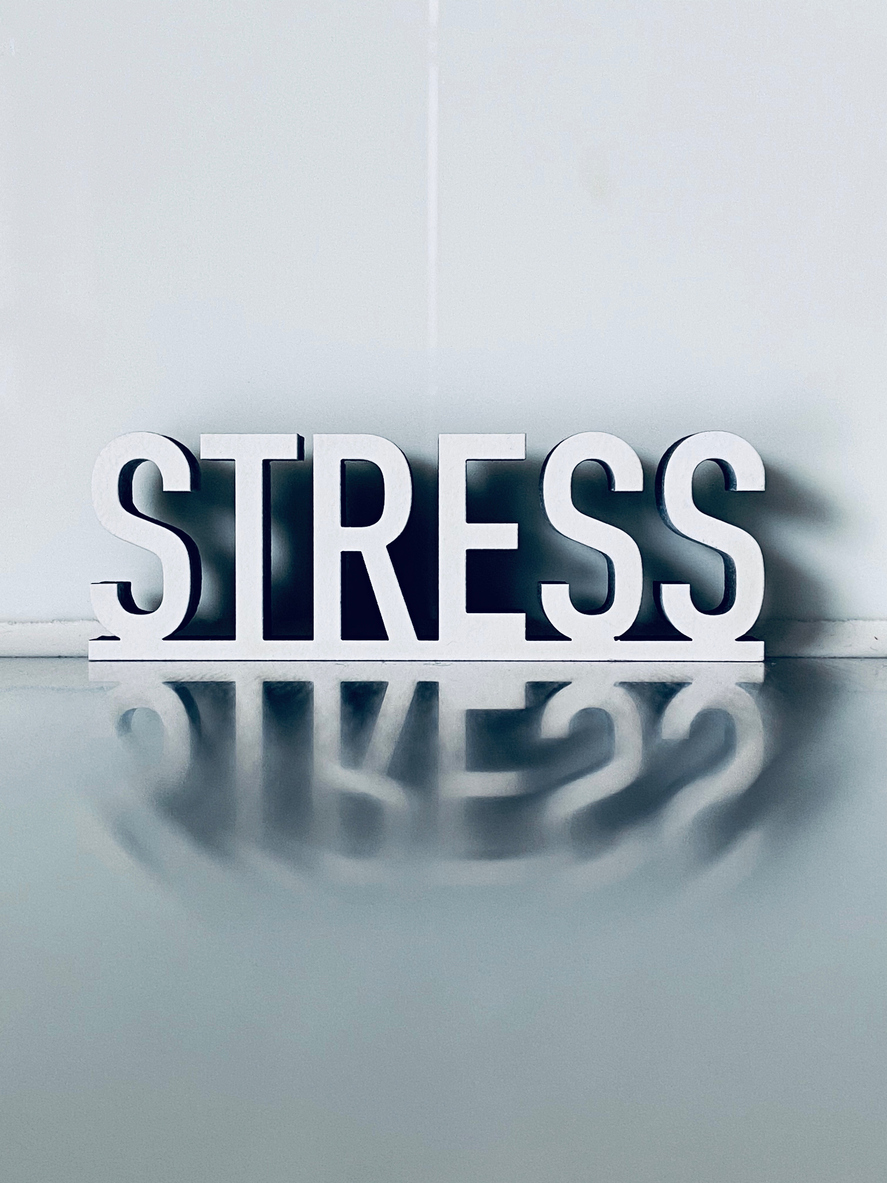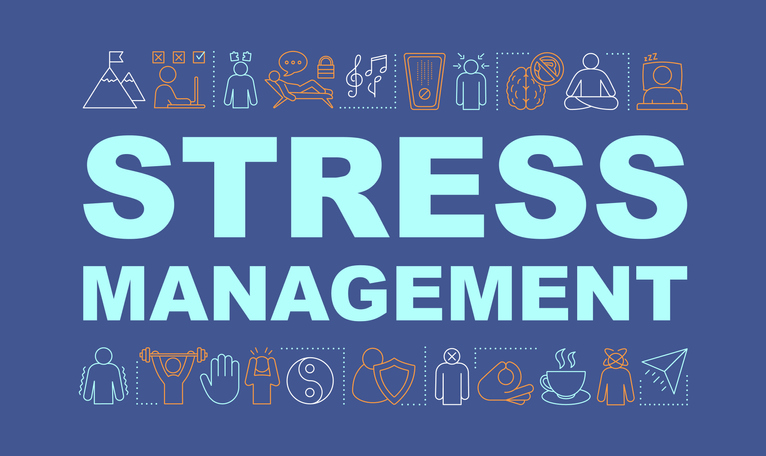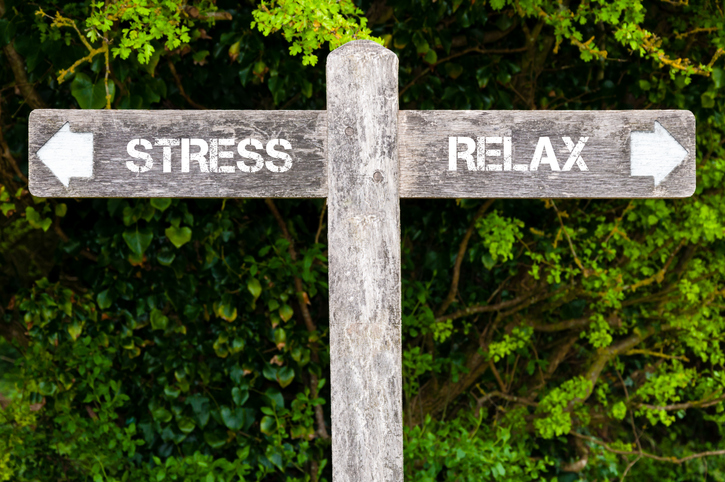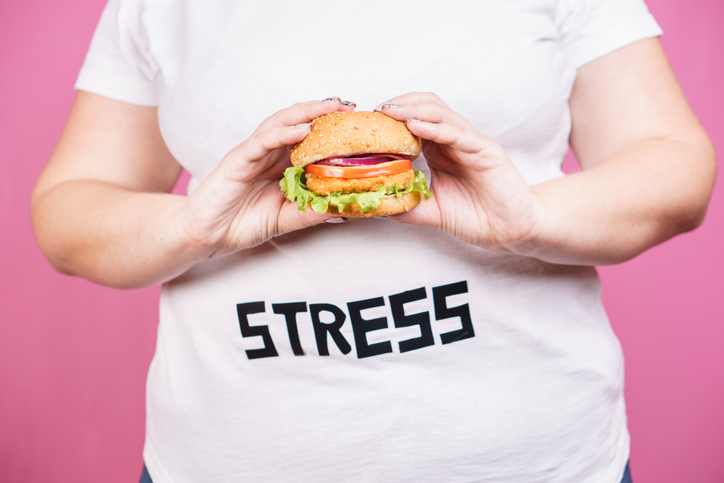Wellness
What Is Stress?

Stress is the body’s emotional, mental and physical response to any change that requires adaptation or reaction. The stress response releases chemicals and hormones in the body to help fight a stressor or run away from it (fight or flight). These chemicals and hormones, including adrenaline and cortisol, cause the heart rate to increase, sending blood to the muscles and organs. In the short-term, stress alerts the mind and energizes the body.
The fight-or-flight response has ensured the survival of the human race. For example, when faced with a threat during the Stone Age, the fight-or-flight response ensured that the human race did not become extinct. In today’s culture, stress about a minor event, such as a job interview, can keep a person focused and motivated. Experiencing a stressful situation also allows the brain and body to practice the stress response in order to handle more stressful situations in the future.
However, when stress is severe or persistent, it can negatively affect mental and physical health.
Types of stress
The stress response varies, depending on the type of stress. Stress is categorized based on its duration and frequency.
- Acute stress is the body’s immediate response to a perceived threat or challenging situation. It can range from mild to severe in response to a legitimate situation or perceived threat, such as giving a presentation, receiving a speeding ticket, or engaging in an argument. Once the threat or challenge has ceased, bodily systems return to normal.

- Episodic acute stress involves frequent episodes of acute stress. It can occur when enduring a chaotic period in life or when working a job involving frequent stressful situations, such as firefighting or law enforcement.

- Chronic stress involves high stress levels for extended periods. It is typically less intense than acute stress, but it is persistent. Chronic stress can develop due to ongoing stressful situations, such as living with a chronic illness, living in poverty, or lacking a work-life balance. Chronic stress can lead to negative health consequences.

Symptoms of stress
Stress can create both emotional and physical symptoms including, but not limited to, the following:
- Irritability
- Chronic pain
- Trouble sleeping
- Difficulty concentrating
- Decreased energy
- Digestive problems
- Appetite changes
- Decreased sex drive


















